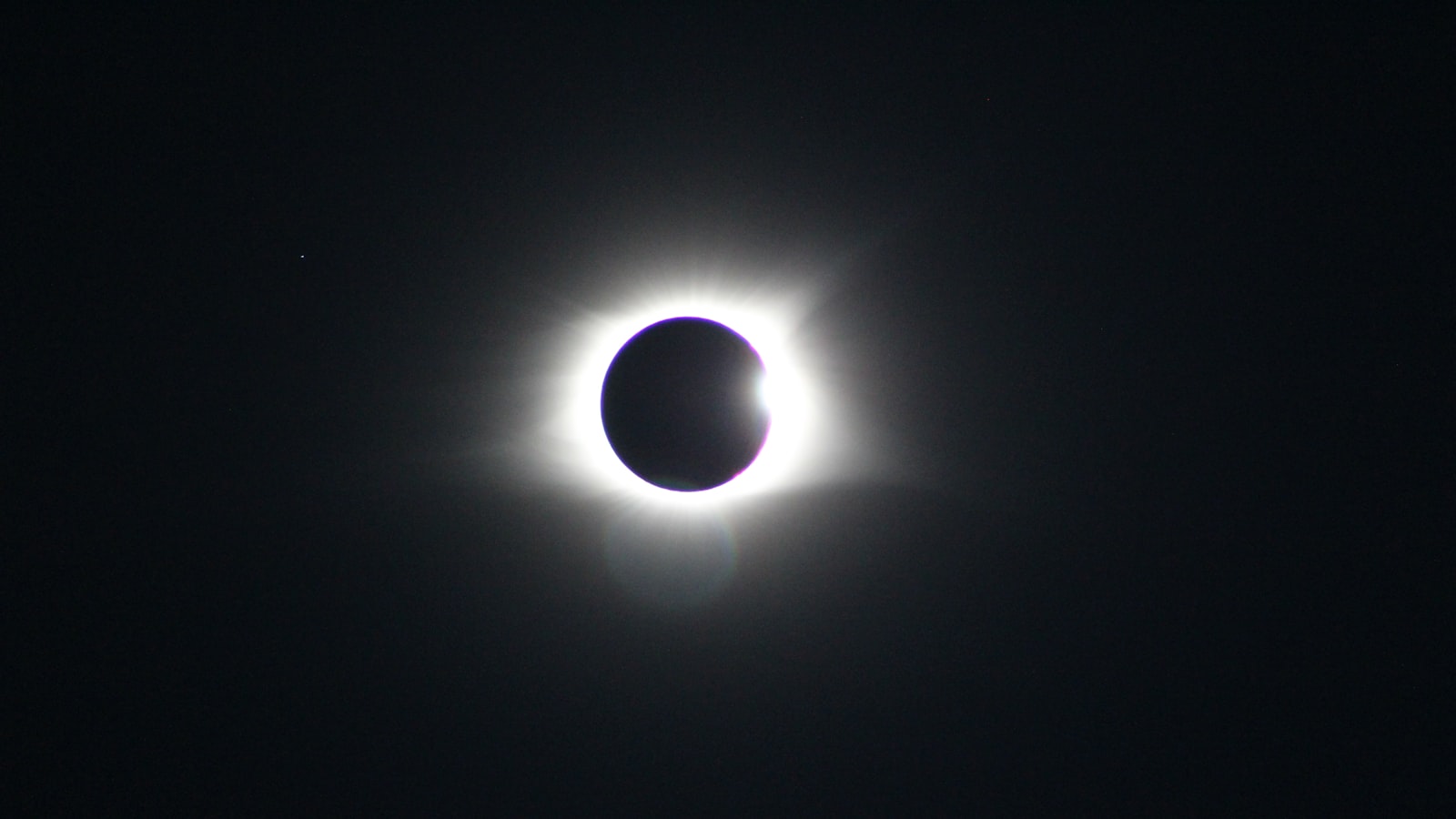"Nature is a mutable cloud which is always and never the same." — Ralph Waldo Emerson. Indeed, Emerson captures the essence of nature's ever-changing tableau, and when it comes to astronomical events, few spectacles are as eagerly anticipated as an eclipse. But, as any seasoned eclipse chaser would testify, the key to a mesmerizing view is as much dependent on atmospheric whims as it is on celestial mechanics. Weather plays a pivotal role in our ability to witness these dramatic interplays of light and shadow.
So, as we embark on a journey through the wisps of clouds and the clear blue yonder, let’s explore the impact of weather on eclipse viewing, unravel practical tips, and discover how to ensure that your next eclipse experience is nothing short of celestial theatre.
Understanding Eclipses and Their Types
Before we delve into the fickle nature of weather, let's first understand what eclipses are and the types we may encounter. An eclipse occurs when one celestial body moves into the shadow of another. There are two main types: solar and lunar.
Solar Eclipses
Occurs when the Moon passes between the Earth and the Sun, temporarily obscuring the Sun's light. These are further divided into total, annular, and partial eclipses.
Lunar Eclipses
Happens when the Earth comes between the Sun and the Moon, causing the Earth's shadow to cover the Moon. These can be total, partial, or penumbral.

Weather's Role in Eclipse Viewing
Weather, the art of the skies, carries with it the power to elevate or dissipate our eclipse viewing experiences. Here are some factors to consider:
Cloud Cover
Clouds are the ultimate gatekeepers. They can render an eclipse invisible or, in some instances, create a magical diffused effect that's unique and spectacular.
Atmospheric Clarity
Haze, smoke, or dust can significantly impact visibility. Clarity is paramount for those picture-perfect moments, which is why a clear day can make a difference between a good and an unforgettable eclipse experience.
Temperature and Humidity
These can affect how clear the sky is and may even influence your personal comfort during the event.
Timing Is Everything: Eclipse-timer.com
For those keen not to miss out on these awe-inspiring events, eclipse-timer.com is your digital oracle. It provides precise timings and dates for solar eclipses around the world, tailored to your location. Staying informed has never been easier!

Chasing The Shadow: Tips for Viewing an Eclipse in Any Weather
Regardless of the forecast, there's a thrill in pursuit of an eclipse. Here are some tips to help you view an eclipse, come rain or shine:
In Clear Skies
- Find a vantage point unobstructed by buildings or trees.
- Utilize eclipse glasses to protect your eyes during a solar eclipse.
When Clouds Loom
- Seek higher ground, as elevation can sometimes mean less cloud cover.
- Prepare for gaps in the clouds with readiness to view at a moment's notice.
In Less-Than-Ideal Conditions
- Be optimistic, but realistic; have a backup plan like a live stream of the event.
- Embrace the experience. Even if not visible, feeling the temperature drop during a solar eclipse is memorable.
Capturing The Moment: Photography During Eclipses
Armed with your camera, you might want to immortalize the eclipse. Weather will be your fickle muse here as well. For the best results:
- Use a tripod for stability.
- Employ a solar filter when photographing a solar eclipse.
- Bracket your exposures to ensure you capture the full range of tones.

Interesting Eclipse Facts
Here are some bite-sized facts to chew on as you plan your next eclipse viewing:
- A total solar eclipse can drop temperatures by as much as 15°F.
- Animals often behave as if twilight has arrived during a total solar eclipse, with birds silencing their songs and nocturnal animals stirring.
- Eclipses have historically been seen as omens and have influenced battles and rulers' decisions.
In essence, eclipses are a testament to the wonder of our universe, an orchestrated dance of celestial bodies that we, as mere spectators, have the privilege to witness. Weather, in all its unpredictable glory, adds an element of surprise to each viewing, an untamed variable in the equation of eclipse chasing.
Final Reflections
Let's circle back to where we started. Eclipses, much like nature, are a unique blend of predictability and spontaneity. While we can schedule their occurrences down to the second at eclipse-timer.com, we must bow to the whims of weather when it comes to our actual viewing experience.
The next time an eclipse graces our skies, may your heart be light, your skies clear, and your spirit ready for the celestial show. Don't forget, whether you're under the scorching sun or the moody clouds, each eclipse is a rare and sublime spectacle—a performance that even the unpredictable weather can't fully overshadow. Happy eclipse watching! 🌒✨



















